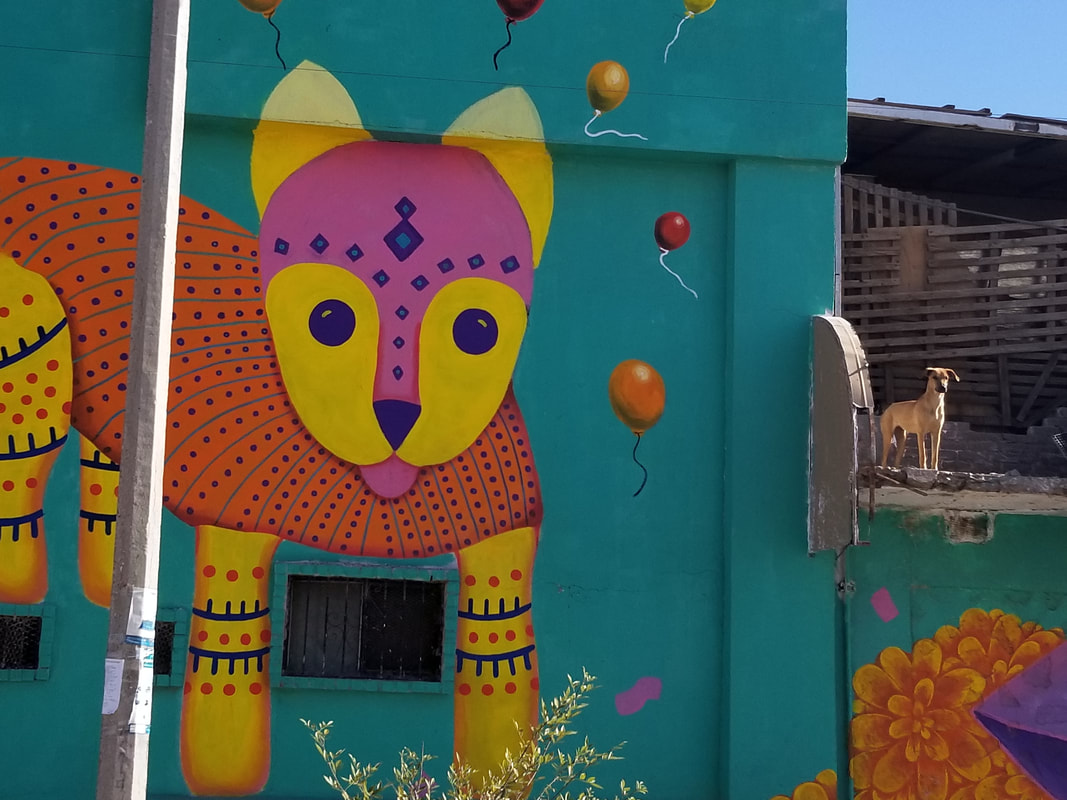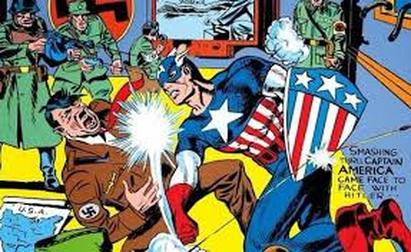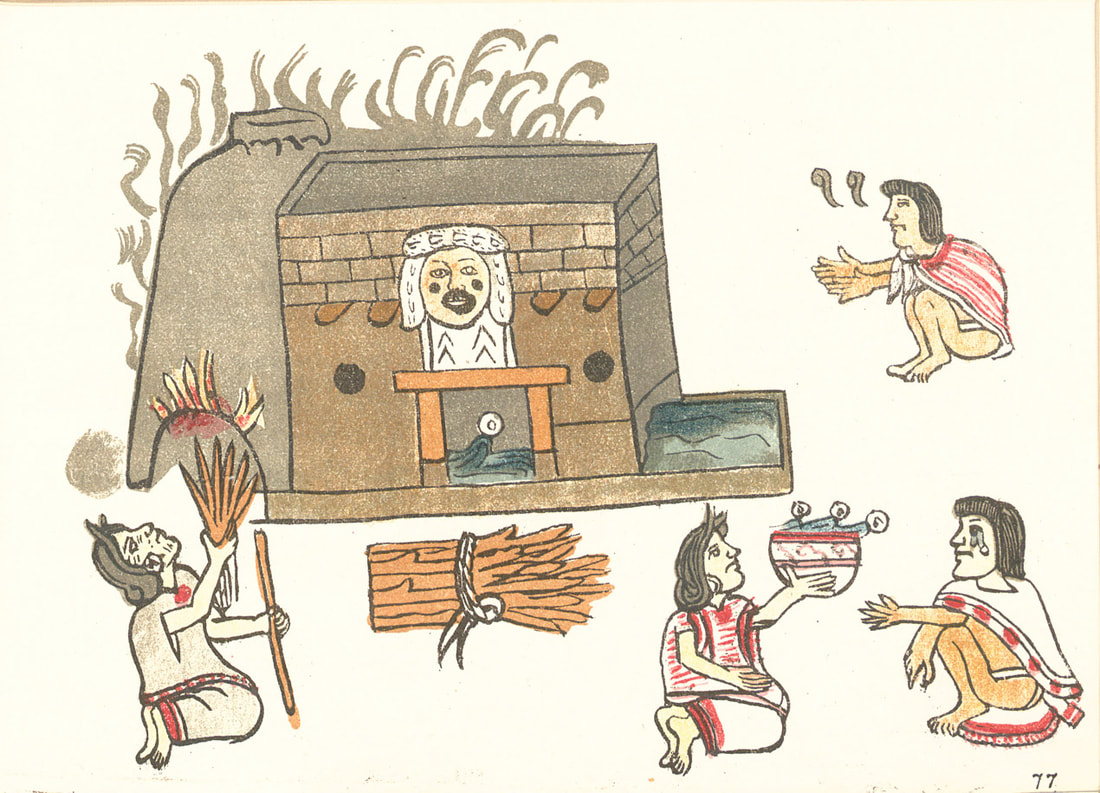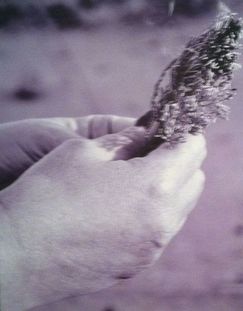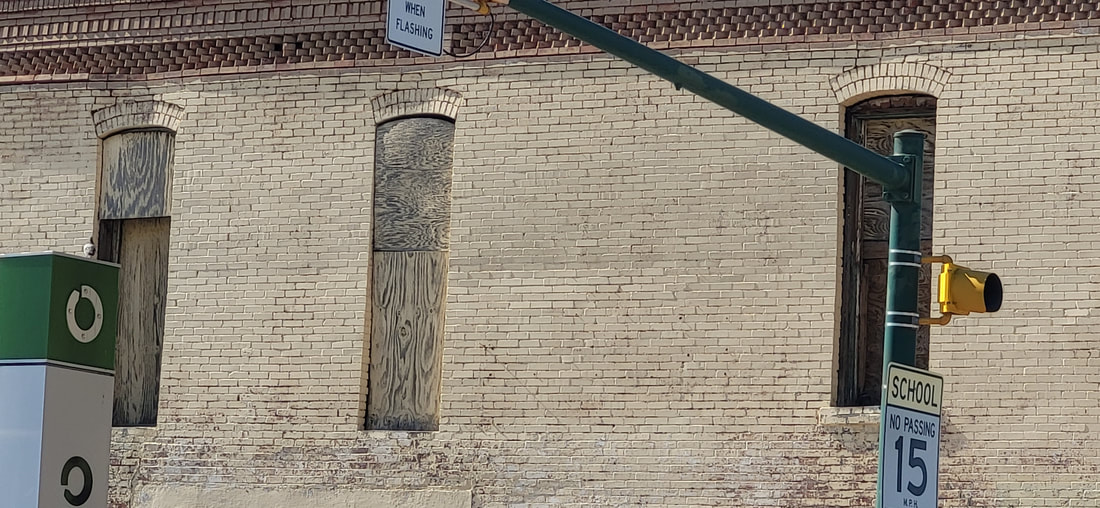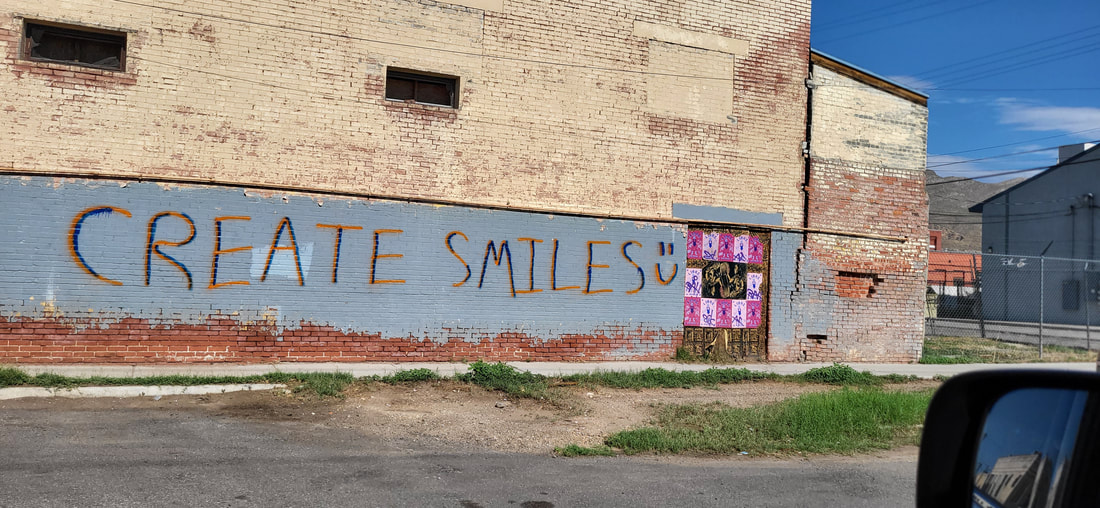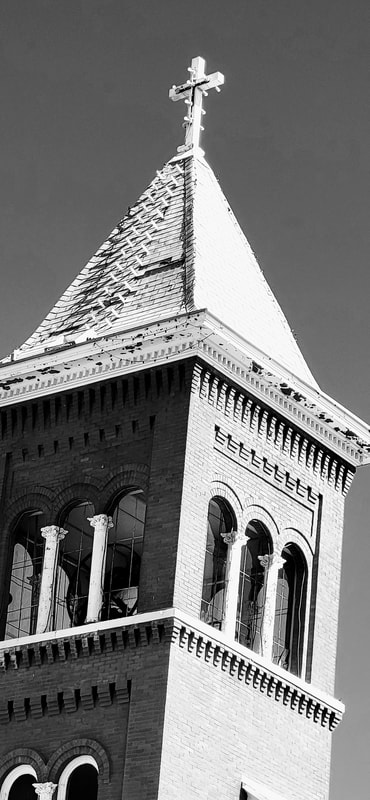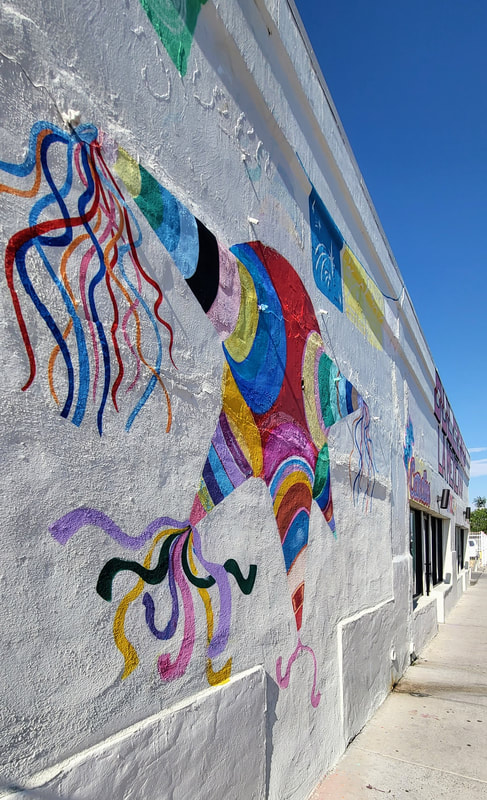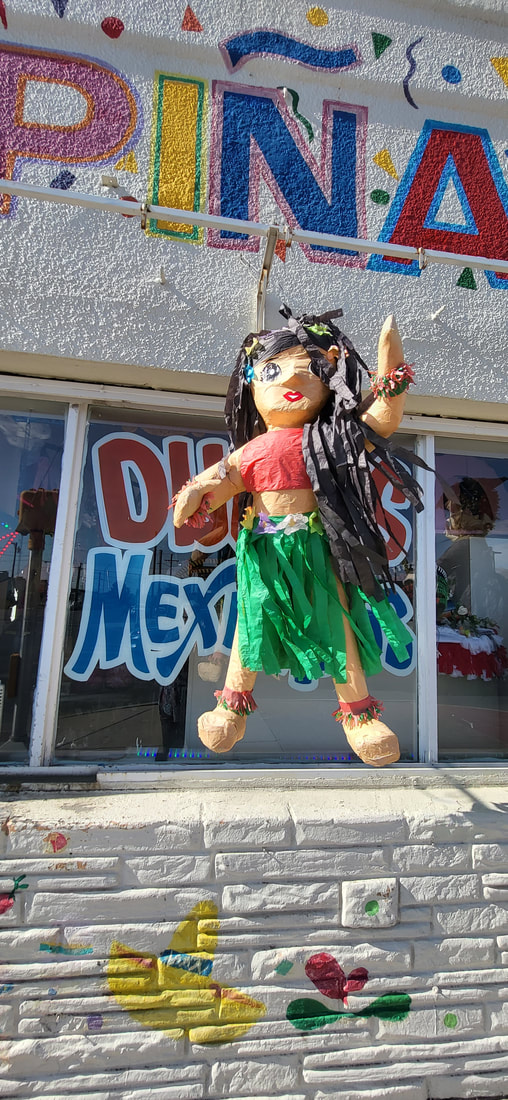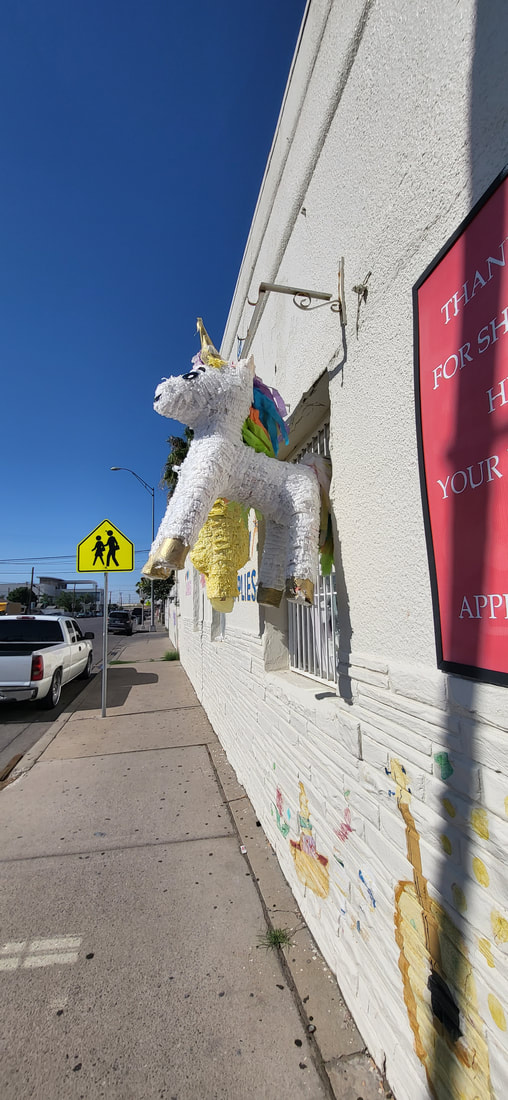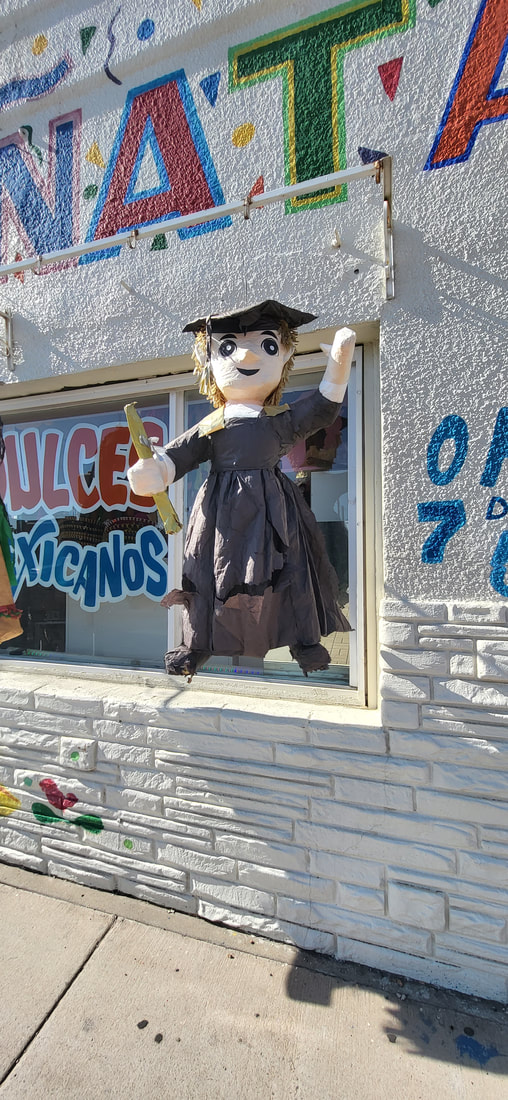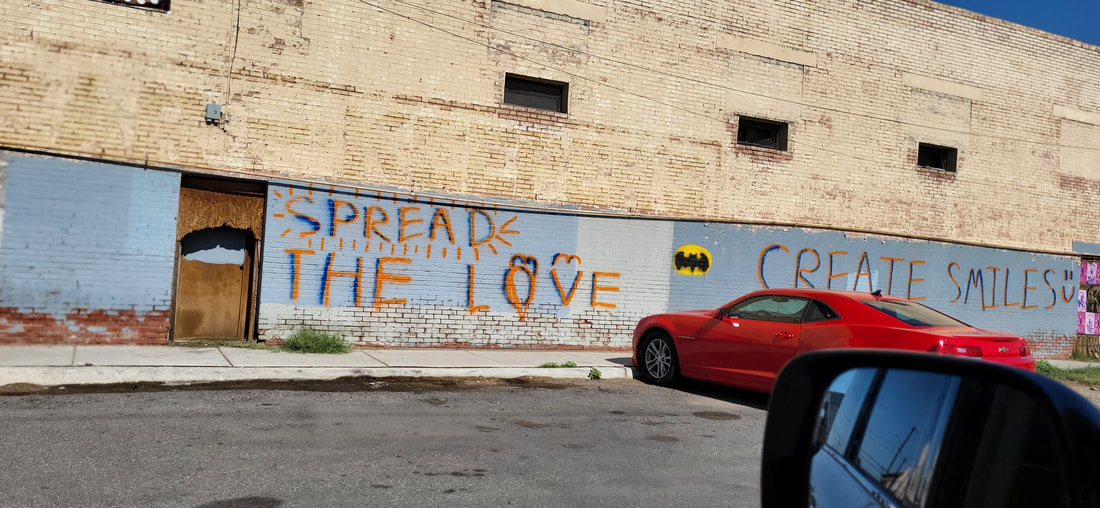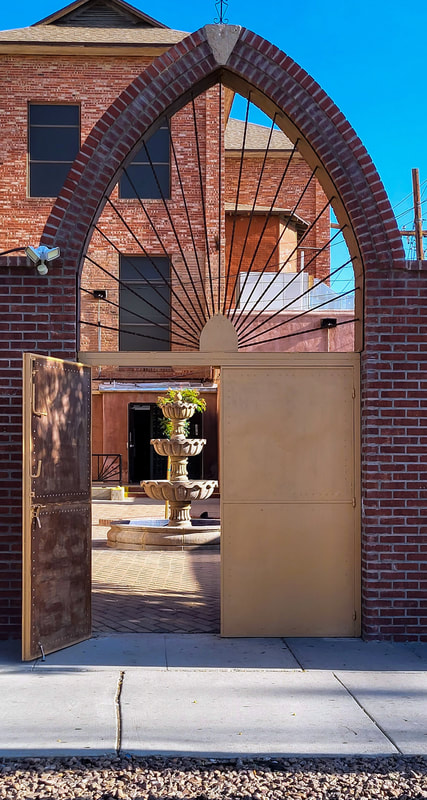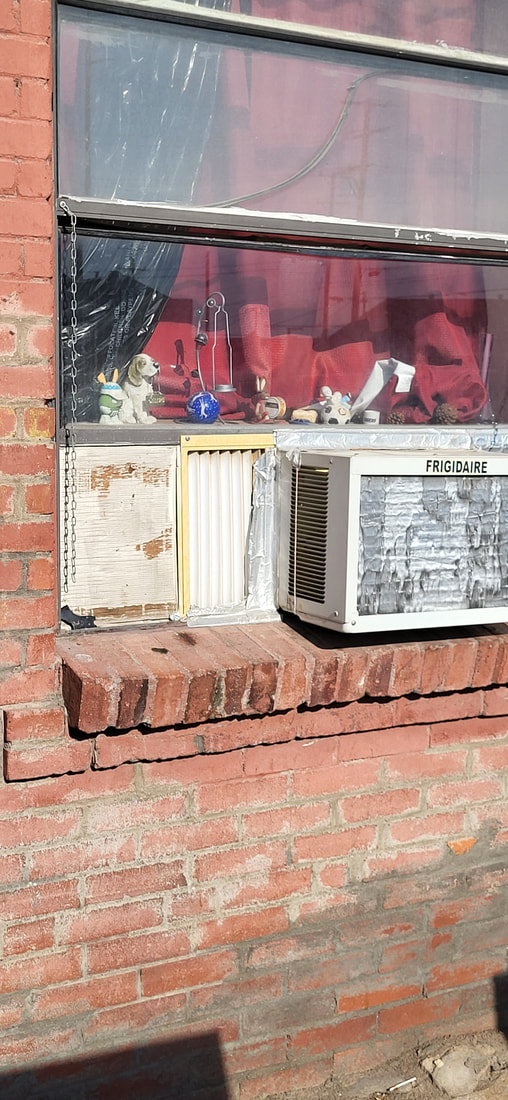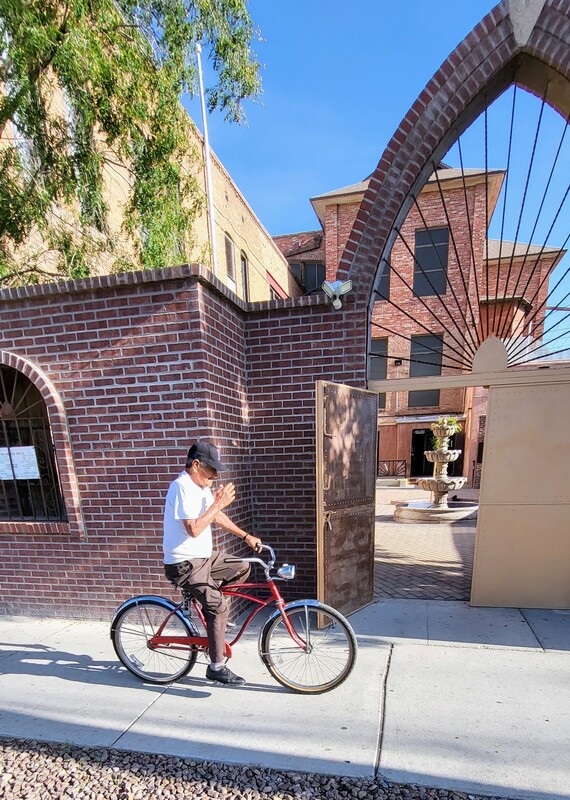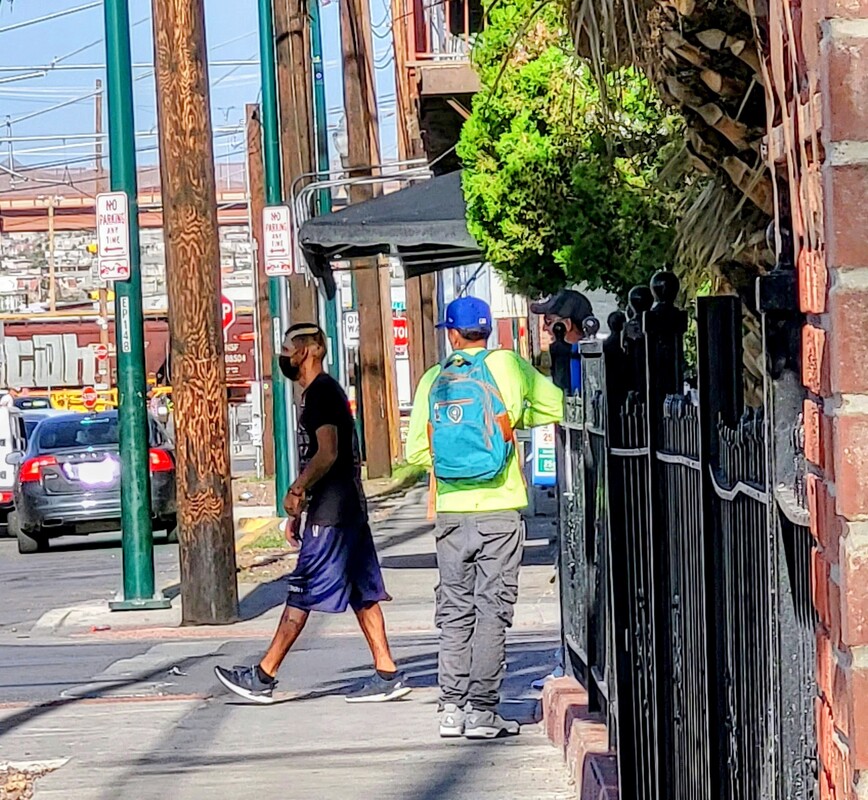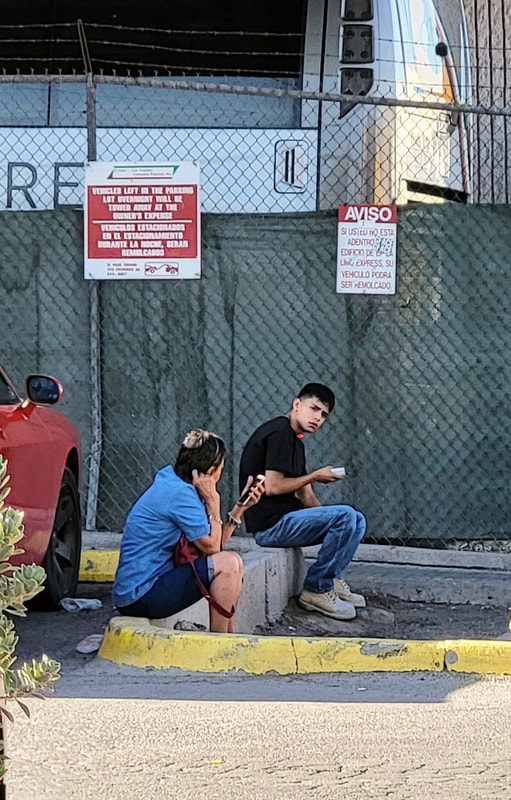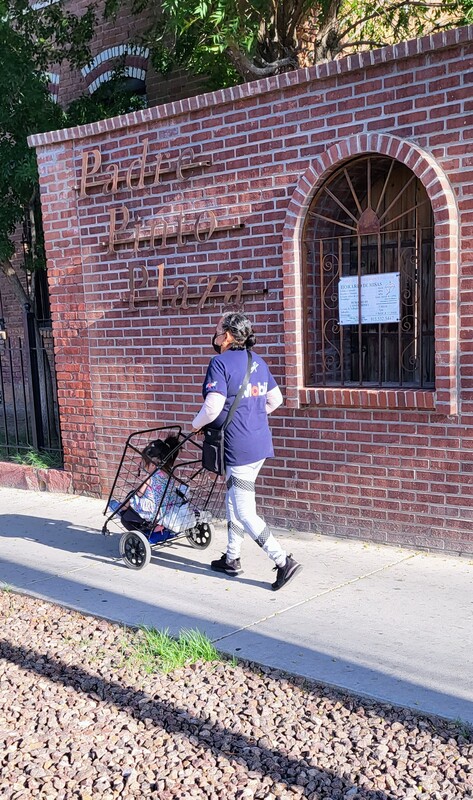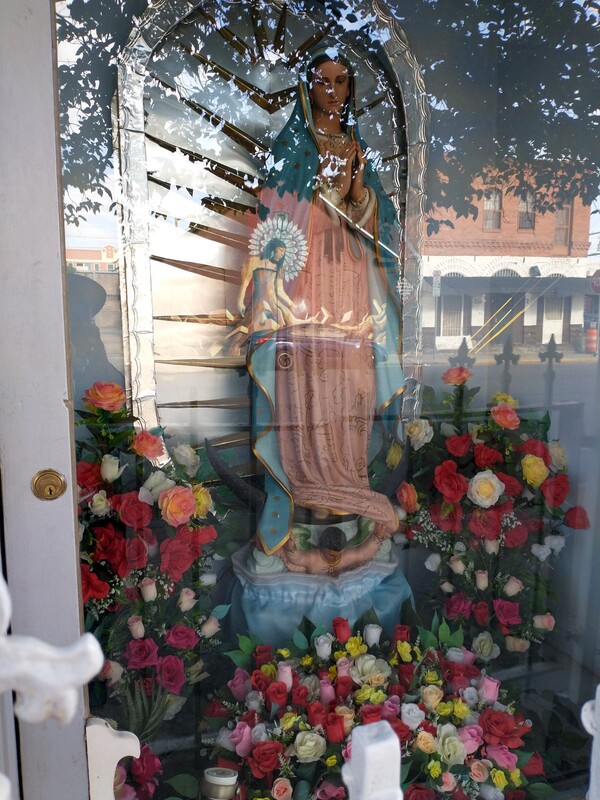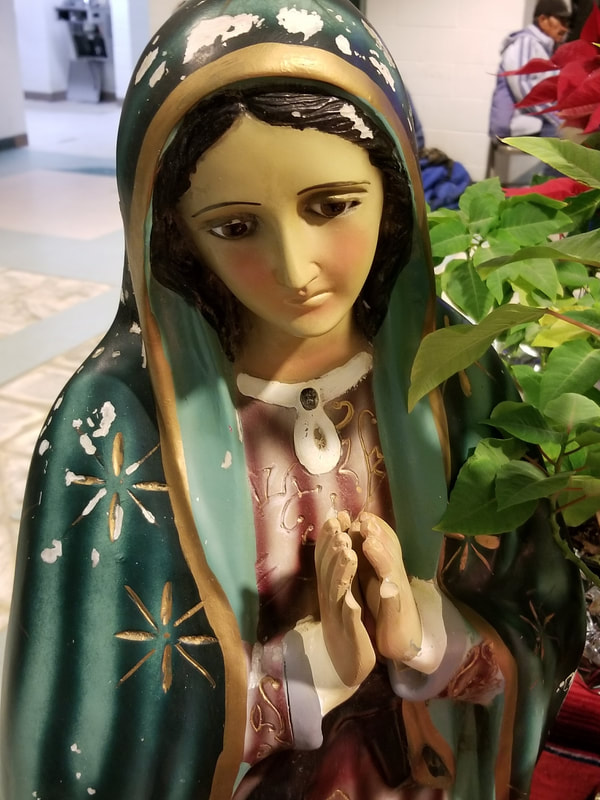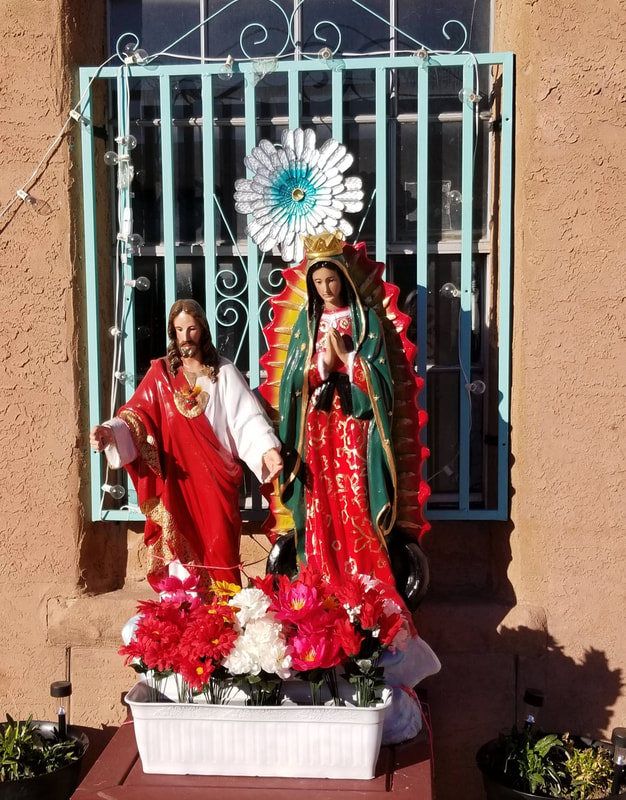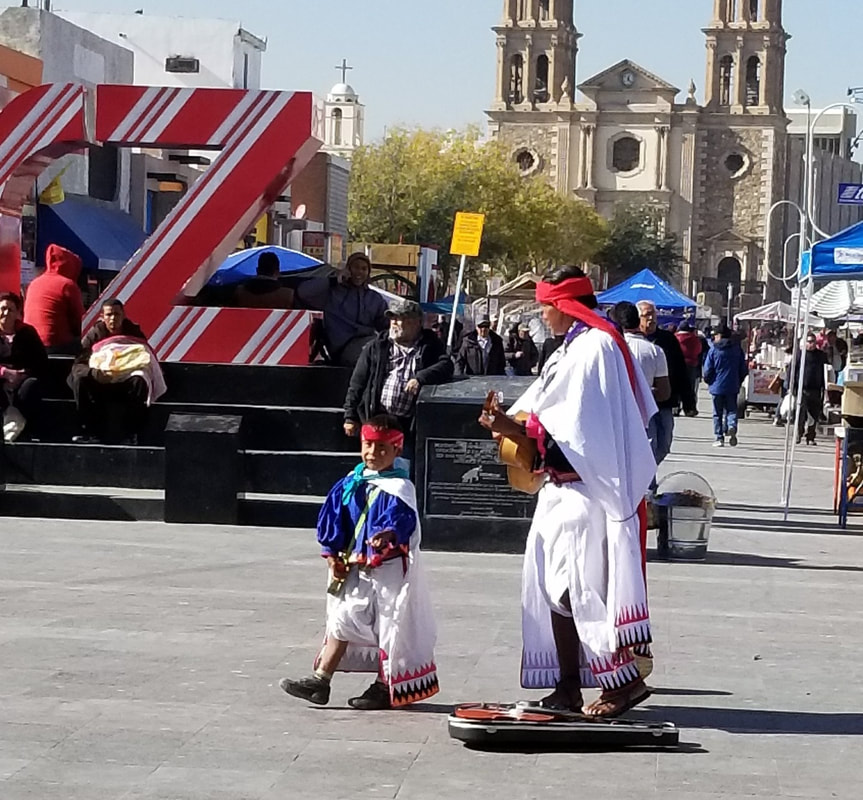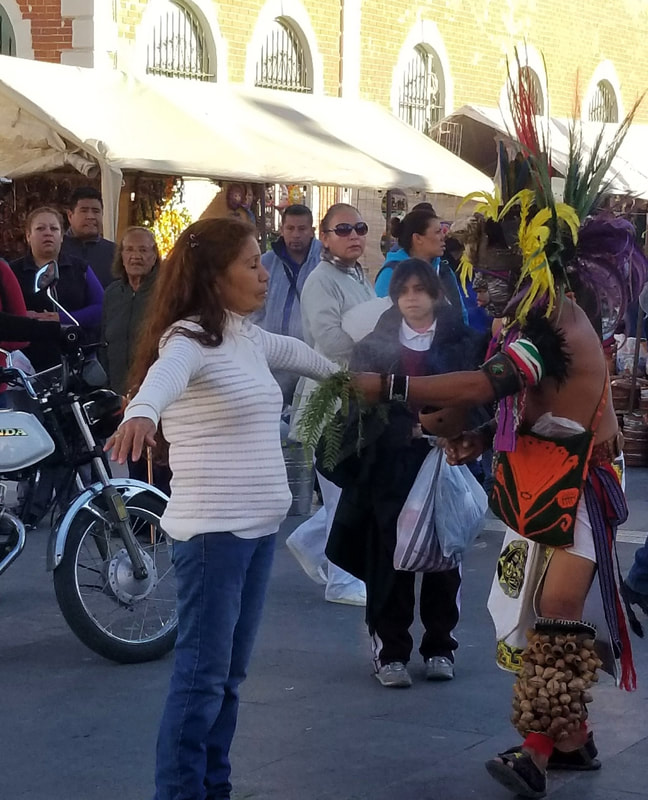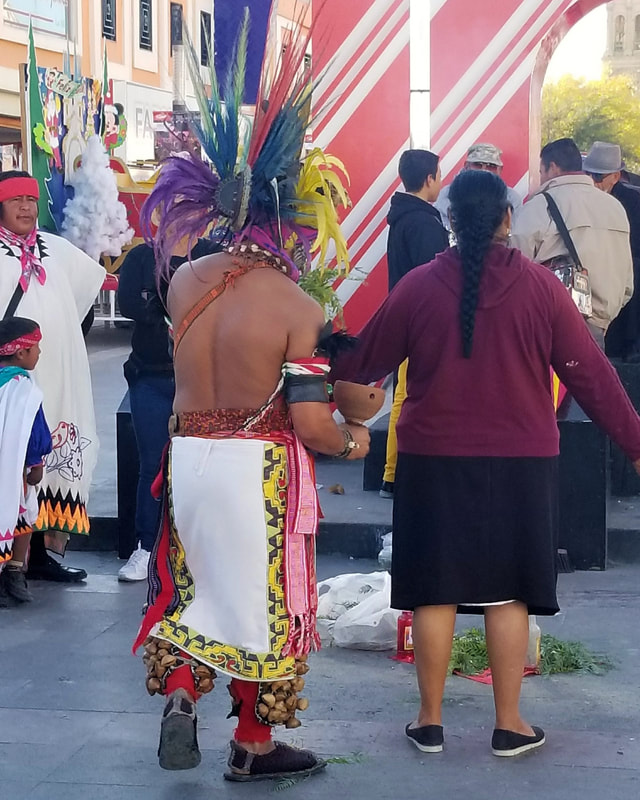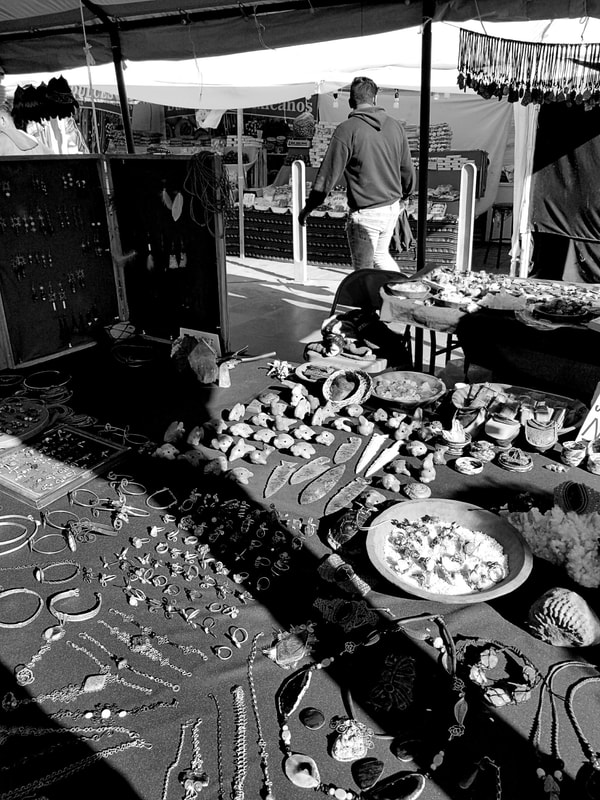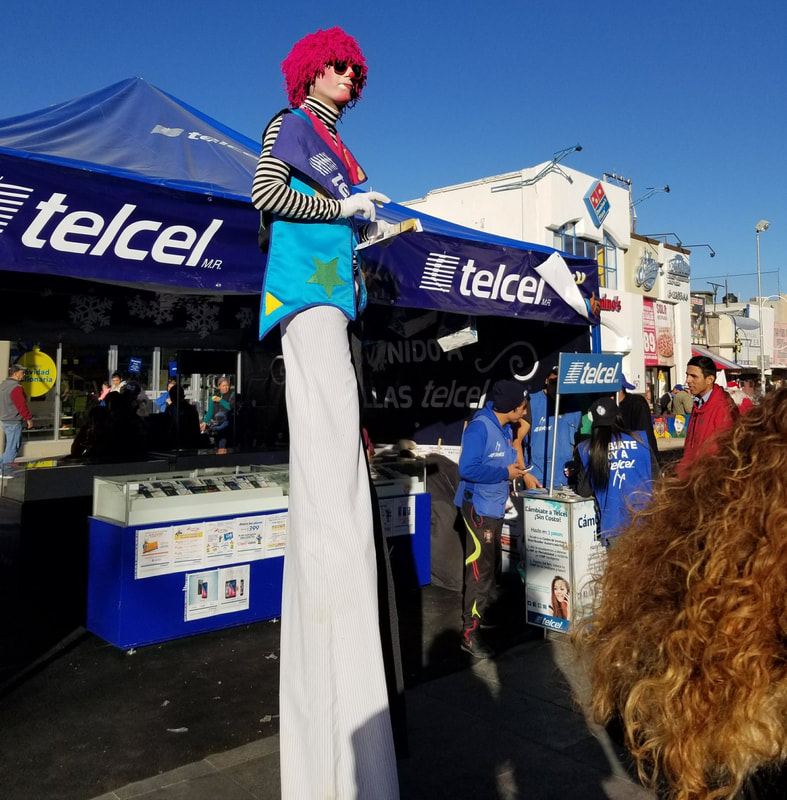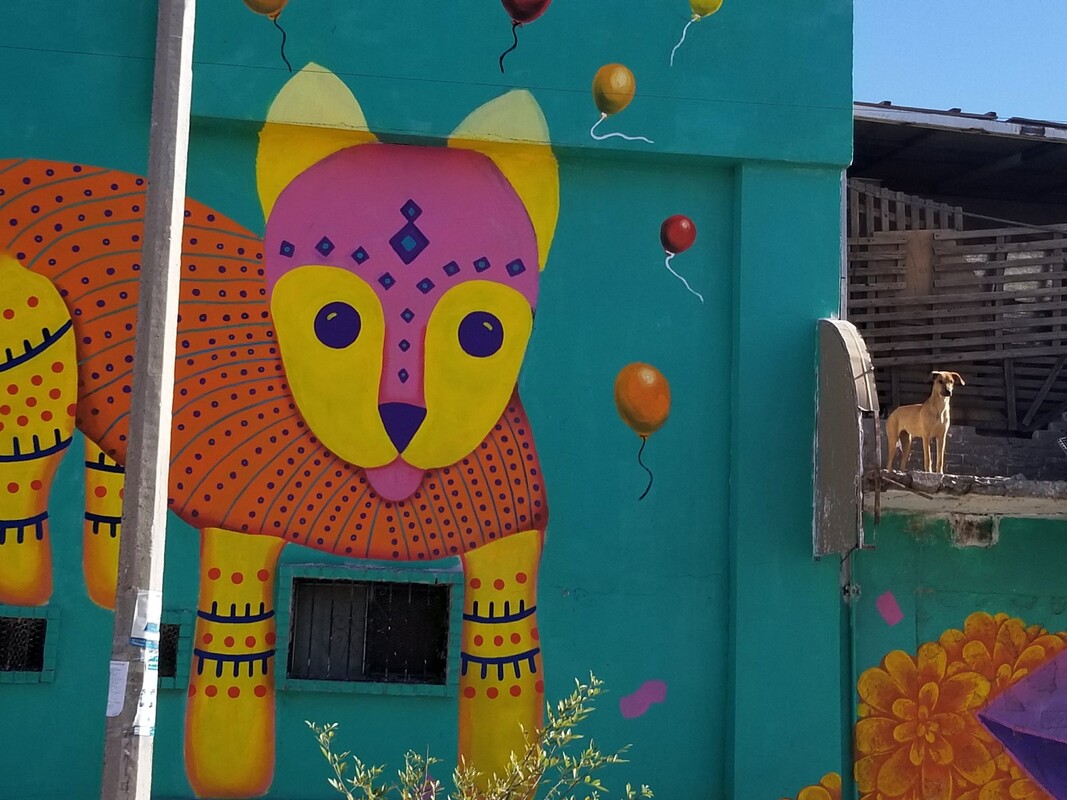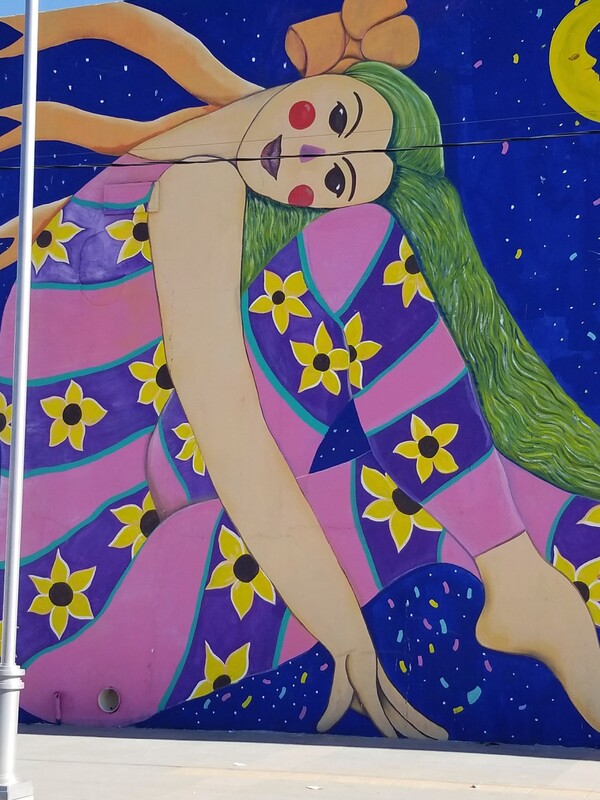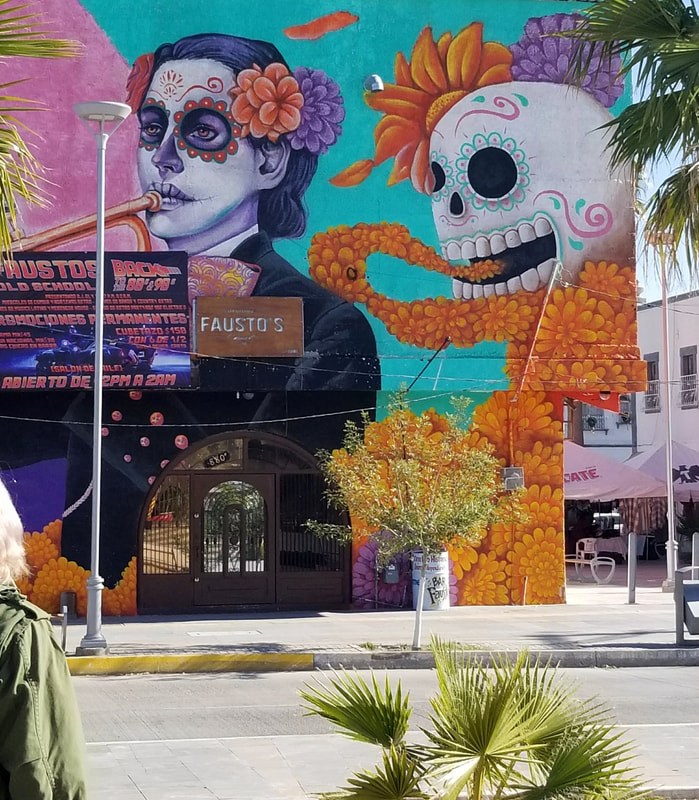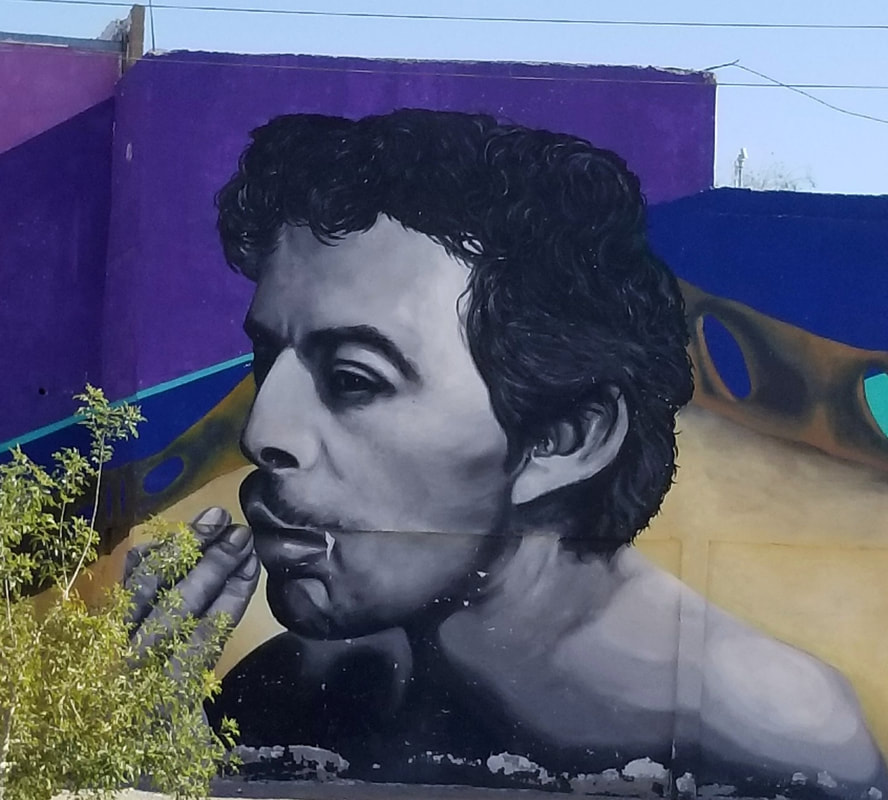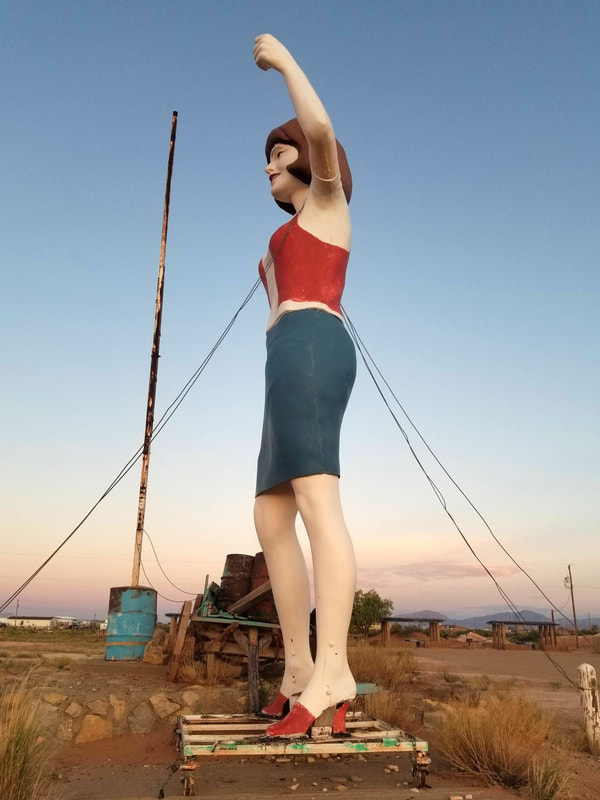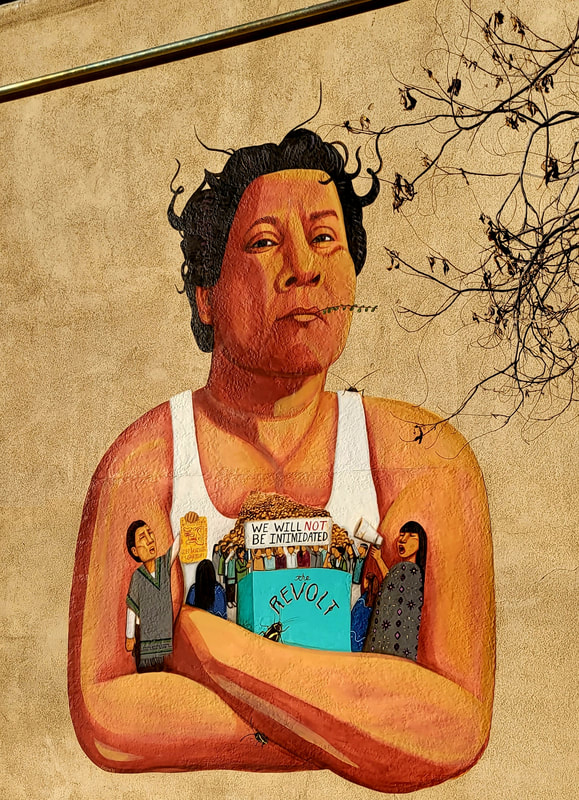|
The past few days, social media has been filled with images of punching Nazis and toppling statues. A few months ago when white nationalist Richard Spencer was punched in the face by the anonymous man, people cheered. Memes exploded. Folks found it satisfying to see a white supremacist shocked by a punch in the face. It was enjoyable for many to see his disbelief and disorientation, to see him stumble off down the street. Two days ago, a crowd toppled a 1920s-era statue honoring Confederate soldiers in Durham, North Carolina. People cheered as the statue fell to the ground and crumpled. I absolutely understand the impulse to celebrate these actions. But they also concern me. Such dramatic actions, while they gain media attention and provoke conversation, are meaningless if they are not accompanied by a commitment to do the much less sexy work of community organizing, educating, learning, working side by side with difficult people, constantly checking our egos, staying up night after night trying to figure out strategy, keeping hope alive in the face of hopelessness, and staying the course year after year, decade after decade. All while trying to find a balance that includes family and our own health. This kind of commitment, carried out in homes, in hole-in-the-wall meeting places, in parks, and in churches, doesn’t usually make the news. This invisibility and lack of recognition is just part of the long-term work. I would gladly trade the glorious moment of punching a Nazi or toppling a statue that commemorates hate for working with a generation of young people committed to the invisible and thankless work of creating a new world. I’m blessed to know and work alongside many such young people.* The young people I am honored to work with inspire me and they teach me. They take on the tasks that my declining energy makes it more difficult for me to take on. And, they don’t judge me when I’m too tired or spacey or forgetful to be very effective. They facilitate meetings in ways that are respectful and kind and promote our listening to each other. They use technology eloquently and expertly to tell the stories of elders in our community. They organize block walks and then they walk house to house to ask for support. They makes lists and spreadsheets and keep us organized. They write countless FB posts and emails. They make us laugh. And they do all of this while working full-time and going to school and raising children. They give me hope. As I continue moving forward in my sixties, after more than four decades of working in community, and as I try to understand and navigate aging, such hope is essential for my own survival. I knew as a young person that the elders and their experience and knowledge were critical to how I lived my life. Now I also know that the young people and their energy and brilliance are vital to my life as an elder. Thank you to the young people in my life for everything. * FYI, pretty much anyone under 40 now counts as a “young person” for me. When I was in my late 50’s, my 90+ year old neighbor called me her “young one.”
0 Comments
Temaskalli from Codex Magliabechiano folio 77r This weekend I mourned the state of our nation like never before. I cried inconsolably as the news and especially the images emerged from Charlottesville. As POC, as women, as queer people, as poor people, we have always experienced hatred and violence targeting our very existence. As a historian I teach students about these outrages and traumas. As a community organizer, I see the effects of systematic racism and violence on the lives of people in my community. I wonder if perhaps emotionally, I had become numb. Sunday, that wall tumbled down and I wept, feeling helpless and overwhelmed. Then, my friend, two-spirit medicine person, educator, and activist Lea Arrellano put out a call to roll out our medicines. The tears of helplessness turned into tears of remembering. We still carry our ancestral knowledge and traditional medicines in our bodies, in our families, and in our communities. We need them as much as we need our political organizing. And we need our traditional medicines more than ever-- our temaskalli, our yierbitas, our sobadas, our ceremonias, our rezos, our pláticas, and the comfort of our abuelitas and abuelitos. Why? Because we live in dangerous times. We live in an atmosphere of fear, anger, hatred, and imbalance. We are stressed. We are weary. We are consumed by anger and disbelief. We are unsettled to see the impunity with which white supremacy now shows itself and to witness the dismantling of civil and human rights for which so many generations courageously fought. We are tired of seeing it, talking about it, reading the news about it. Or at least I know, I am. I want to know what to do. A few months ago, I wrote a post about Black Panther Fred Hampton who said we can’t fight fire with fire, we have to fight it with water. He said you fight racism with solidarity. Today, we have to fight hatred with love. To fight with love requires that we be physically, mentally, emotionally, and spiritually balanced. In a time of imbalance, it is critically important for us to seek balance. Our ancestors told us this was a “slippery” earth, like walking on the highest mountain, with an abyss on either side. To avoid falling into the darkness of the abyss, we must be conscientes. We must not allow ourselves to be pushed or pulled off our path of balance by others. It’s not a journey towards perfection—we could never achieve that. Instead, it is a heart-centered path. Without our hearts, without the movement of our corazón, we could not live, of course. For our abuelitas and abuelitos, yollotl, our heart is more than the physical organ, however. Our hearts are the seat of memory, consciousness, and ethics. Out of balance, we can suffer from an affliction of the heart, yollococolitzli. (Remember when your mama or your abuelita asked you if you had a coco?) Sunday night, my beloved Diana and our friend Lucia lit sage, prayed, and sat in silence. It was a simple gesture but one that immediately helped strengthen my heart. We remembered the power of our prayers and our plantitas. We remember the power of a circle. Today, I ask what is the medicine that you carry for yourself and your community. How can you help fortify yourself, your familia, and your community to fight fire with water? As Lea says, let’s roll out our medicines. This is a time of healing and strengthening for all of us. Photo by Diana K. Bynum
|
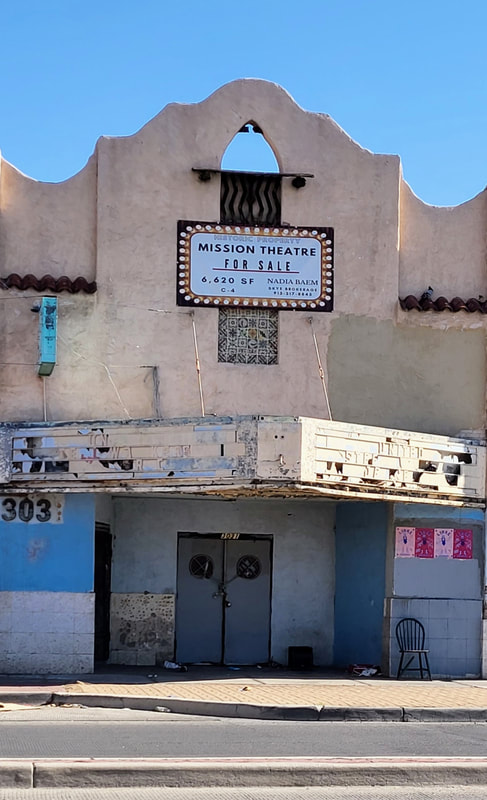
My father used to tell me about sneaking into this theater to watch movies as a kid in the 1910s. It showed Spanish language films. In the 1940s, it was transformed into a "whites only" theater but that didn't last long. By the 1950s, it was headquarters to the Mine, Mill, and Smelter Workers Union, a radical labor organization. Before it closed, it housed the Mine and Mill Bar.
Segundo Barrio
Father Rahm Street
July 2022
La Virgensita en la frontera
Cd Juarez downtown
December 2017
La Mariscal, Ciudad Juarez, 2017
Montana Vista 2019
El Centro July 2022
